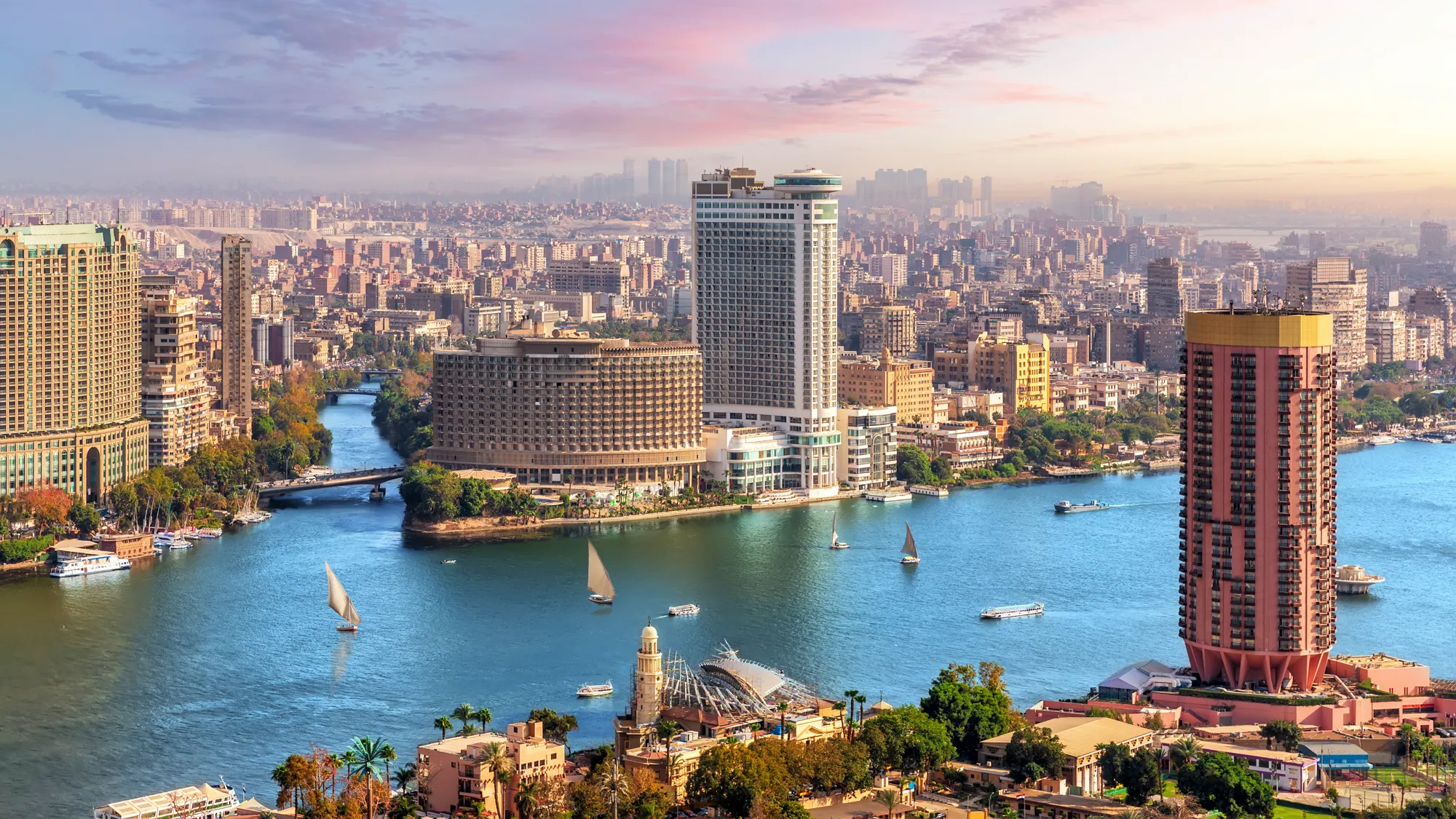
Cairo's Untapped Potential: Emerging As Future Tourism Hub
The report said that cities with lower visitor volumes but faster tourism growth, such as Cairo, Riyadh, Ho Chi Minh City, Delhi, and Lisbon, are outpacing the average growth rates of other cities, necessitating proactive urban planning to manage the surge.
The report added that Cairo, along with cities like Delhi and Riyadh, represents a destination with emerging tourism infrastructure. Historically, these cities have not prioritized their travel and tourism sectors as heavily, resulting in more gradual tourism growth and lower levels of visitor concentration. However, this positions them with a clean slate for long-term tourism development, offering significant opportunities for future expansion.
While Cairo benefits from its cultural and historical appeal, enhancing urban readiness, such as connectivity, healthcare, and accessibility, will be crucial for sustainable tourism growth. In contrast, high-visitor cities like Mexico City and Beijing, with slower growth, may focus on refining urban readiness to maintain tourism momentum.
According to the report conducted by JLL and the World Travel & Tourism Council (WTTC) to assess global cities' tourism readiness, the travel and tourism sector has been an economic powerhouse, outpacing the growth of the global economy for almost a decade until 2019, with an annual growth of 4.2% compared to 3.0%, and creating one in four of all new jobs in the five years before the pandemic.
“Of the 1.5 billion international tourist arrivals recorded in 2019, 44% went to cities. As the world continues to urbanise, with 55% of the world's population already living in cities, it is expected that cities continue to be attractive places to live, do business and discover as destinations,” the report read.
While COVID-19 has been devastating to the sector, including the cities that welcome millions of tourists a year, there are signs of recovery. As the role of the travel and tourism sector continues to evolve, the pause in travel provided policymakers and destination leaders alike with newfound challenges, but also with the opportunity to enhance tourism readiness, while benefitting local communities through this recovery and beyond. The pandemic reminded us of the importance of involving all relevant stakeholders, including the travel and tourism sector, in decision-making and future planning.
The report noted that unlocking a destination's tourism potential will require a deep understanding of key factors, drivers, and enablers. To support this ambition, this report provides a distinctive analysis for destinations to engage and learn from meaningful data points, whilst gaining insight into the strong policies implemented by governments around the world.
While each city has its challenges and opportunities, there are commonalities, as per the five typologies described in the Destination 2030 framework, and learnings which can be shared, regardless of the size and type of destination. Indeed, destinations and policymakers can learn from the comparative data and the experiences of others to inform their decision-making, successfully anticipate challenges and enhance their long-term resilience, the report explained.
The report elaborated that Dubai, the UAE, has established a supportive business environment to foster growth in the travel and tourism sector, among others. This has led to its recognition as the easiest place to do business in the Middle East and 16th globally, according to the World Bank. Notable policies include allowing 100% foreign ownership of businesses, including hotels, and offering profit opportunities under semi-tax-free conditions. Additionally, the launch of the 'Invest in Dubai' platform aims to streamline the business setup process, while the recent 'Innovation Attraction Programme' seeks to attract over 25,000 global start-ups across six sectors, including aerospace and transport.
Meanwhile, Riyadh, Saudi Arabia has become a focal point for tourism as part of Saudi Arabia's Vision 2030 initiative, enhancing its appeal to leisure visitors. In 2018, leisure travel accounted for only 42% of travel and tourism spending, contributing 2.6% to the city's GDP. However, significant developments have since taken place, including the opening of the 300m-high 'Overlook' bridge at Kingdom Tower and the Museum of Illusions. The city also launched the 'Riyadh Season,' a four-month cultural festival that attracted over 11.4 million visitors in 2019 and 4.2 million in its first month in 2021. Additionally, Riyadh is planning the King Salman Park, which will become the world's largest city park, featuring a Royal Arts Complex, National Theatre, and various art and water features, the report disclosed.

Legal Disclaimer:
MENAFN provides the
information “as is” without warranty of any kind. We do not accept
any responsibility or liability for the accuracy, content, images,
videos, licenses, completeness, legality, or reliability of the information
contained in this article. If you have any complaints or copyright
issues related to this article, kindly contact the provider above.


















Comments
No comment